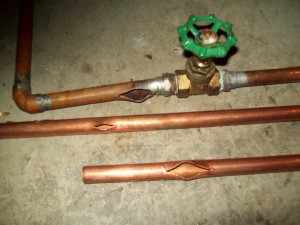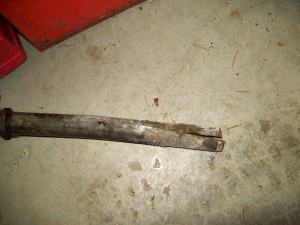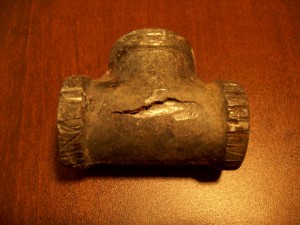Tips To Help Prevent Frozen Pipes
Over the past few months I have received literally 100’s of phone calls from people with frozen pipes and burst pipes, most have asked “What can I do to get my pipes to thaw out and what can I do to keep this from happening again?” I have given them all the same advice. Most of the advice I have already posted here on my website under the heading “Winterizing”. Here are some additional tips in order to keep these problems from happening again
How to prevent frozen pipes when temperature is going to drop below 32 degrees:
#1 Trickle water from a sink or two to keep water moving in your plumbing system, moving water takes longer to freeze than water that is not moving, this will help keep pipes from freezing.
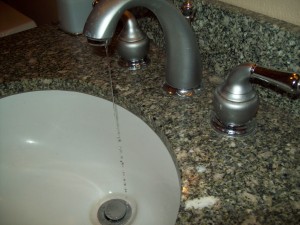
#2 Open cabinet doors under sinks to allow warm air from the room to get back into the cabinet where pipes are.
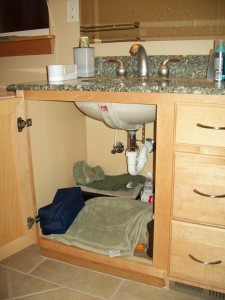
#3 Turn your heat up a little warmer than normal. Warmer rooms mean warmer walls, and warmer walls help keep the pipes in those walls from freezing.
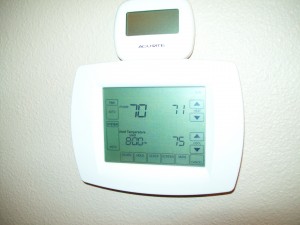
#4 Cover foundation vents around bathrooms, kitchens and laundry rooms that are on exterior walls to help keep the cold out and away from the piping in these areas. You can buy pre-formed styrafoam blocks that fit in standard foundation vents at your local home improvement store. These covers should be removed when the risk of freezing is over in order to allow cross ventilation in crawl space areas.
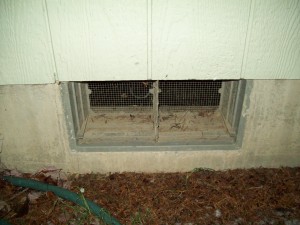
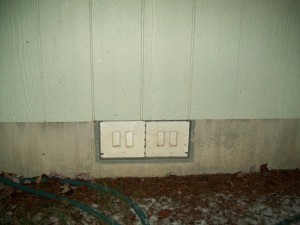
#5 Make sure that all piping in attics and crawl spaces are covered with insulation. A lot of houses have blown in insulation in attics which is fine but it tends to settle and expose pipes. If you have blown in insulation inspect insulation to make sure it has not settled and exposed piping. Batt insulation is a better choice in my opinion.
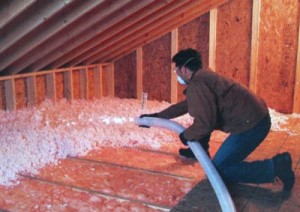
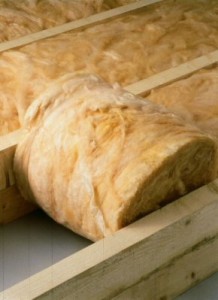
How to keep frozen pipes from happening again:
#1 Make sure that all piping in attics and crawl spaces are covered with insulation. I can not stress this enough. This is where I saw most of the burst pipes I repaired. Most attics have blown in insulation and it settles over time exposing pipes. Exposed pipes freeze and burst! This could happen to you!
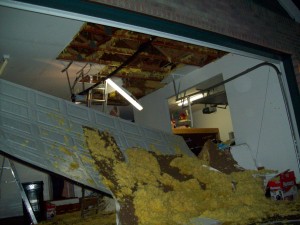
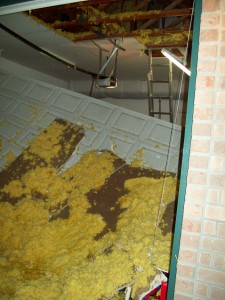
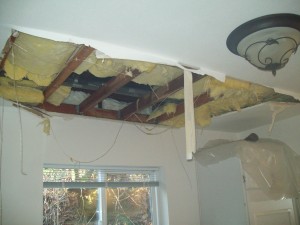
#2 In older homes that contain copper or galvanized piping consider replacing with PEX piping. PEX piping may freeze but it resists breakage. In the 100’s of calls I received, not one break was PEX related. However, I did cut out 100’s of feet of copper and galvanized pipe and fittings.
